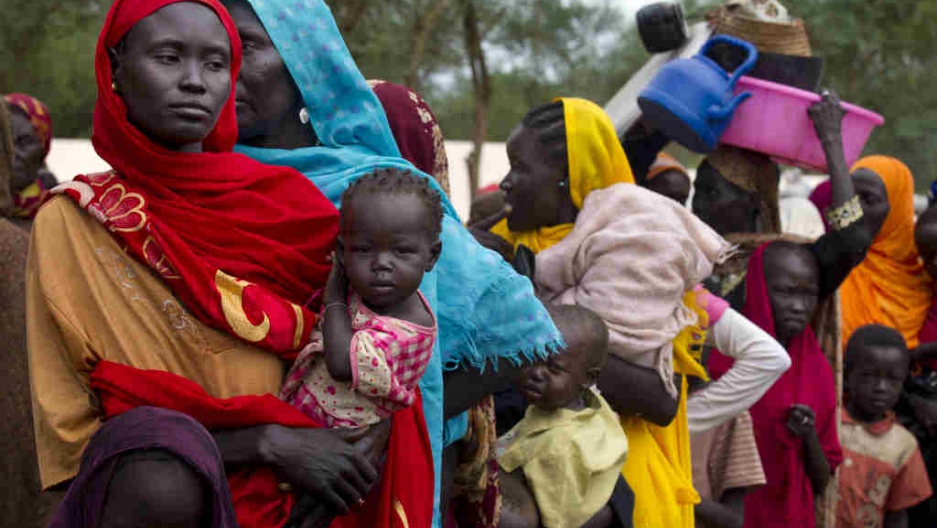- About
- Topics
- Story
- In-Depth
- Picks
- Opinion
- News
- Donate
- Signup for our newsletterOur Editors' Best Picks.Send
Read, Debate: Engage.
| February 10, 2017 | |
|---|---|
| topic: | Women's rights |
| tags: | #Defense, #Kenya, #rape, #slum, #Training |
| located: | Kenya |
| by: | Bob Koigi |
She would learn about a new school that was training women of her age on self-defense. “I knew the gangs would come back because they had formed a pattern of doing so. I had heard numerous stories of them targeting old women and young children. I had to do something for my safety and that of my children,” said Hannah when speaking to Fairplanet.
She joined over 20 women who gather twice every week in a community hall to learn martial arts, including karate, taekwondo and Kung- Fu.
In the teeming Korogocho slum, which houses approximately 200,000 inhabitants in a 1.5 square kilometers space, it is everyone for themselves. Crime is at an all-time high as police patrols are limited. Militia run the shanty. Lack of basic amenities like water has meant women and girls walk long distances or have to queue for long hours at water collection points, sometimes late at night, which forms the perfect time for rapists to pounce. Criminal gangs, especially young boys who have no meaningful employment orchestrate these crimes. They rape old women with the belief that they are less likely to be infected with HIV. Rape has almost becoming a normal phenomenon in the slum. According to the 2014 Kenya Demographics and Health Survey 14 percent of women aged 15-49 have been sexually violated in Kenya with majority of the cases reported in slum areas. This is corroborated by statistics by Nairobi Women Hospital, a health institution that receives rape victims. According to the hospital, this year alone, they have treated over 2,000 cases with one in every five cases being that of an elderly woman.
“It has become too common nowadays and women both young and old live in constant fear. It is hard to report these cases to the authorities because of the stigma associated with rape. So the women keep quiet and the gangs continue with their heinous acts. It is a vicious cycle we have really worked hard to break,” said Millicent Kathomi a social worker in Korogocho.
But tired of looking over their shoulders and leaving in fear, the women have taken over the defense classes with missionary zeal. Their instructor, 29 year old Sheila Kariuki, offers her services on voluntary basis.
The women are first trained on how to overcome fear and confuse potential attackers by negotiating and yelling. Should this fail, they are then taught how to hit the most sensitive areas of their aggressors which include the collarbone, nose, chin and genitals. This gives them ample time to escape. Sheila uses a man as a guinea pig to demonstrate the self-defense techniques. At the training hall, women can be heard yelling ‘Noooooo’ as they hit and punch at gunny bags. This training technique is meant to show them how to ward off aggressors and call for attention from anyone around. “You don’t need a lot of energy to hit them. What we train these women is to practice accuracy in target points. So far so good, the response has been amazing,” said Sheila. To the very old and frail old women they are trained how to feign madness once attacked.
The oldest woman in the class ages 85 years with the training focused on women between 50 and 85 years.
Janet Auma a 60 year old says the training has come in handy for her by helping her not only protect herself but her family. “One time I was coming from a water collection point some 200 meters from my house and a middle aged man approached me. I could sense he was about to rape me. I calculated my steps, moved slowly and when he was about to pounce on me, I poked his nose with my flat hand then hit his genitals. That was enough for me to free. Even the rapists now approach with caution because they know we are not as vulnerable as before,” Janet told Fairplanet.
Such self-defense mechanisms have been hailed and supported by numerous studies as key in ending rape in slum areas. According to a 2013 study by Stanford University School of Medicine, Lucile Packard Children’s Hospital, after young girls were trained on basic defense techniques, rape cases fell from 24.6 per cent in the year prior to the training to 9.2 per cent in the 10 month period after.
By copying the embed code below, you agree to adhere to our republishing guidelines.
